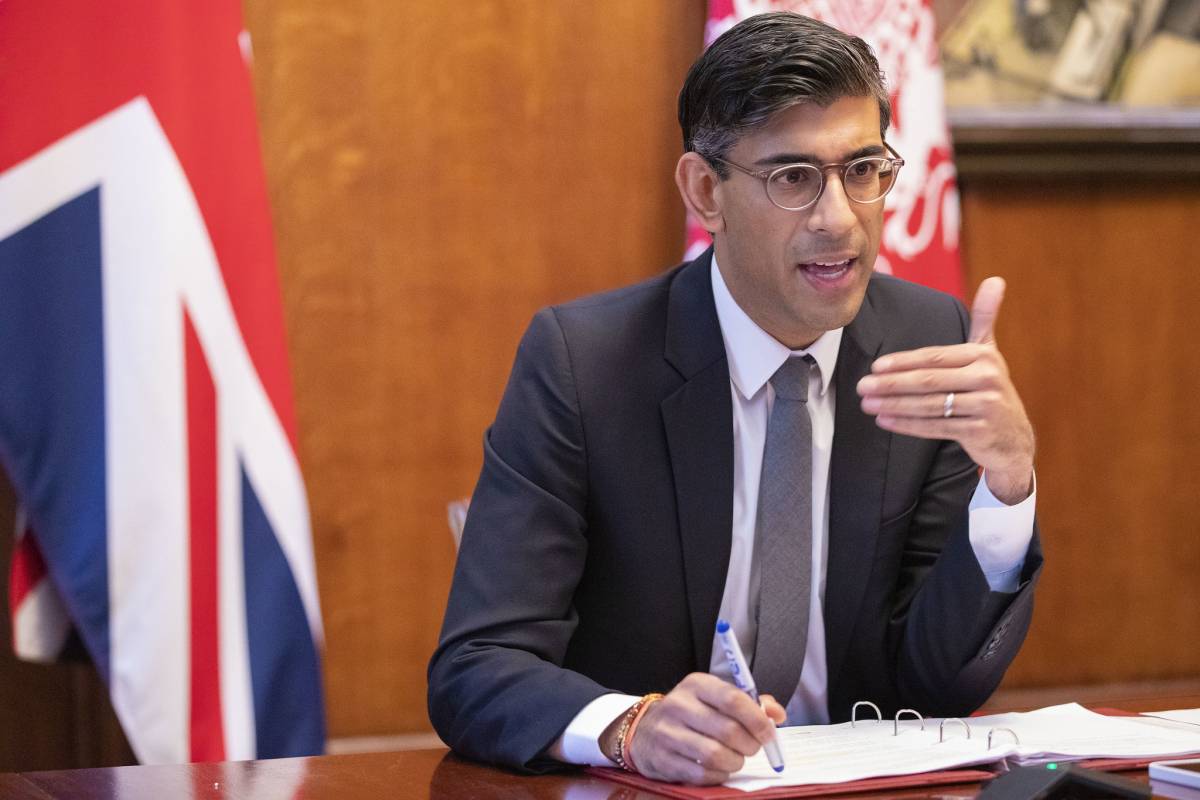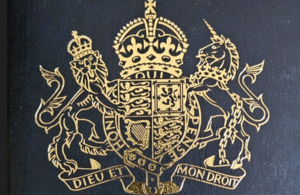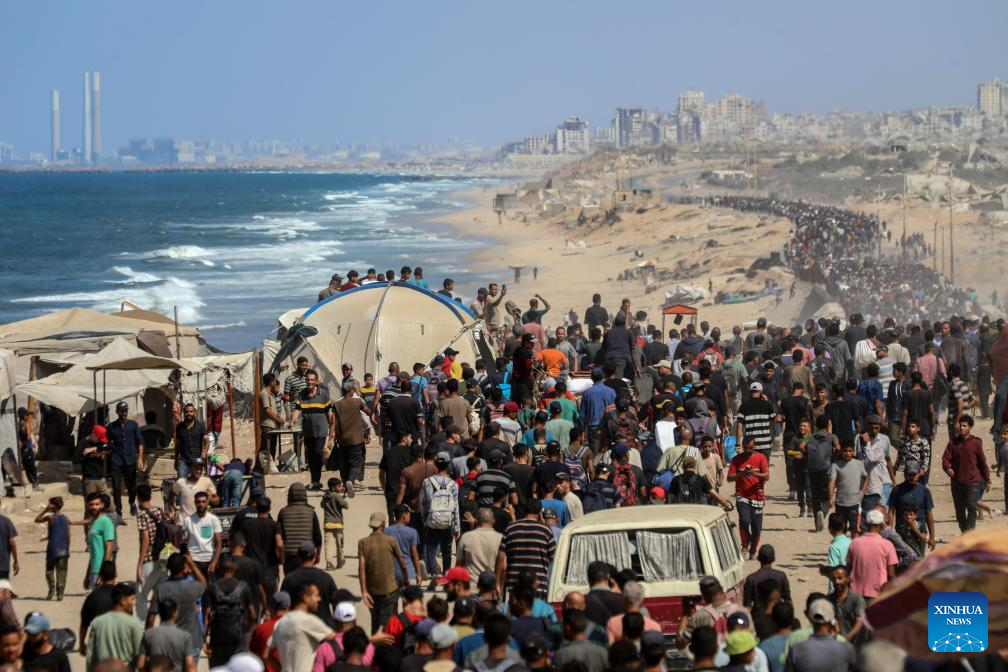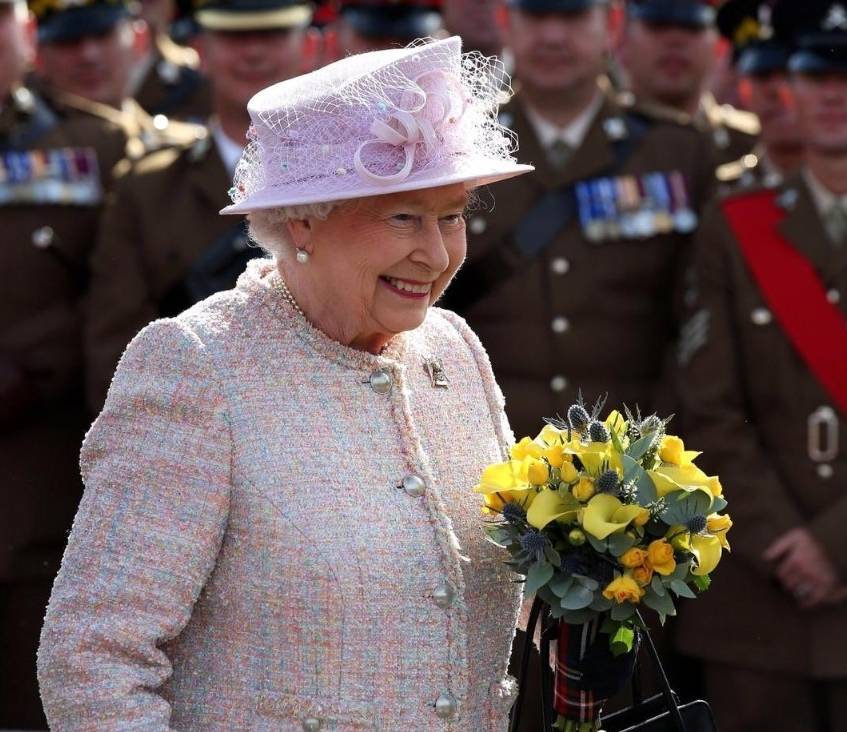Finance minister likely to announce a three-year spending plan with investments in public transport, skills training and other projects to advance Johnson’s plan to “level up” poorer regions of the country, reports Asian Lite News
Finance minister Rishi Sunak will try to show that he is moving on from the Covid-19 pandemic on Wednesday when he announces multi-billion-pound investments to help Prime Minister Boris Johnson meet his spending promises to voters.
But Sunak, who has racked up the biggest ever peacetime budget deficit to combat the coronavirus, will also keep a tight grip on day-to-day spending by many government departments, something that could slow Britain’s still incomplete recovery.
As well as a budget update — which for once is not expected to include emergency stimulus measures — Sunak will announce a three-year spending plan with investments in public transport, skills training and other projects to advance Johnson’s plan to “level up” poorer regions of the country.
At the same time, he will try to burnish the government’s low-carbon credentials before Britain hosts the COP26 climate summit starting next week.
“Today’s budget begins the work of preparing for a new economy post-Covid, an economy fit for a new age of optimism,” Sunak is due to say, according to excerpts of his speech released by the finance ministry.
That Sunak can focus on extra spending in his speech to parliament – expected to start around 1130 GMT – is due in part to a big tax increase for workers and employers announced in September. Companies face an additional tax hike in 2023.
Britain’s economy suffered a near 10% collapse last year after the country was slower than others to shutter its economy to ward off coronavirus contagion, and ended up spending more time in lockdown.
Nonetheless, an upgrade of Britain’s growth forecasts on Wednesday will give the government extra room for manoeuvre.
Bond dealers polled by Reuters expect borrowing this financial year will come in at 190 billion pounds, 44 billion pounds less than the government forecast in March and equivalent to around 8% of gross domestic product.
Sunak, a former Goldman Sachs analyst, has pre-announced higher spending on health, public transport in cities away from London, and skills training as well as the lifting of a freeze on public sector pay.
However, many ministries will face a further squeeze as Sunak sets a new fiscal rule for the government. It is expected to focus on bringing day-to-day spending into balance with tax revenues over a three-year horizon.
Many economists say that target looks achievable and could allow Sunak to cut taxes before for the next election, which is due in 2024 but could come earlier.
As well as a renewed rise in Covid-19 infections in Britain, a big risk for Sunak is that the recent jump in inflation proves to be stubborn than expected, which could push up the government’s debt costs sharply.
Around a quarter of British gilts are indexed to inflation, a higher share than most other rich economies.
A 1-percentage-point rise in interest rates and inflation would cost taxpayers about 25 billion pounds a year, according to government estimates.
That would be equivalent to double the money that Sunak plans to raise with his increase in social security contributions to fund the health service and social care.
Borrowing costs could start to go up as soon as next week when the Bank of England is due to announce its November policy decision against the backdrop of an inflation rate on course to hit 5%, more than double its target.
Retailers warn of pre-Christmas price rises
Meanwhile, British retailers warned on Wednesday of pre-Christmas price rises after they reported the smallest year-on-year decline in the average selling price of goods in their stores since before the start of the coronavirus pandemic.
The British Retail Consortium trade body said shop prices rose by 0.4% on the month in October and were 0.4% lower than a year before, the smallest year-on-year fall since January 2020.
Price rises were led by higher costs for food, which was 0.5% more expensive than a year earlier.

“It is now clear that the increased costs from labour shortages, supply chain issues and rising commodity prices have started filtering through to the consumer,” BRC chief executive Helen Dickinson said.
Three in five retailers planned to raise prices before Christmas, she added.
The BRC’s shop price index covers a narrower range of spending than the consumer price index targeted by the Bank of England, which touched its highest since 2012 in August at 3.2%.
ALSO READ-Sunak calls on G7 to work together on supply-chain difficulties
READ MORE-Sunak on spending spree ahead of Budget














